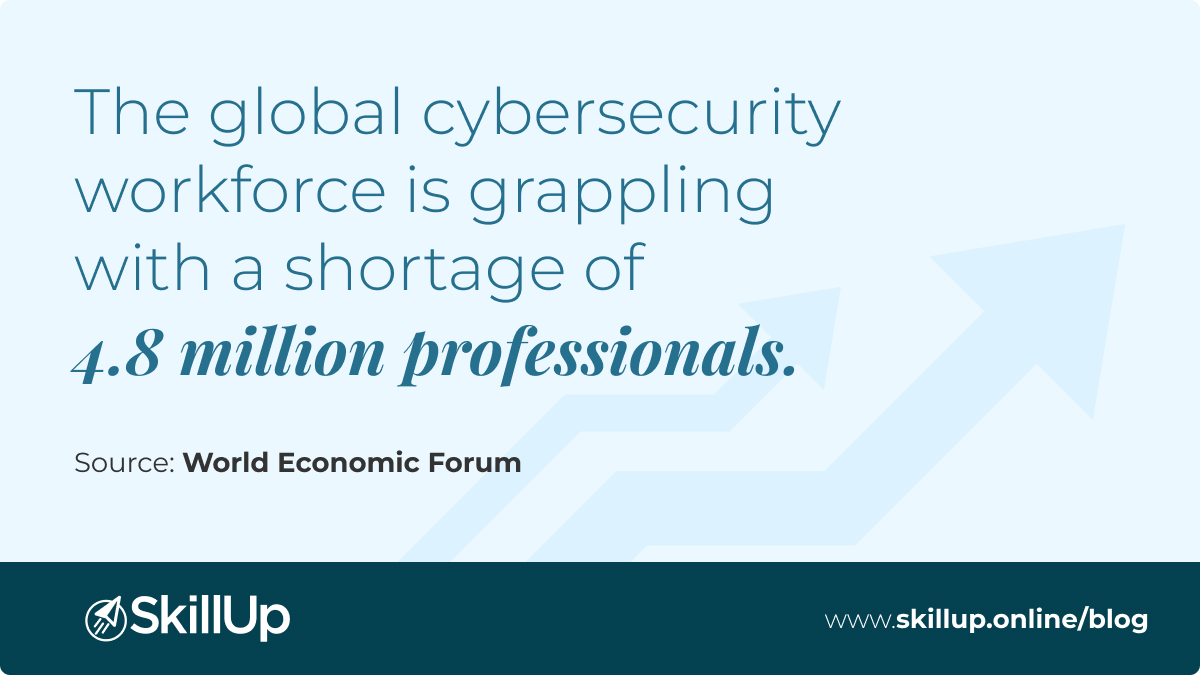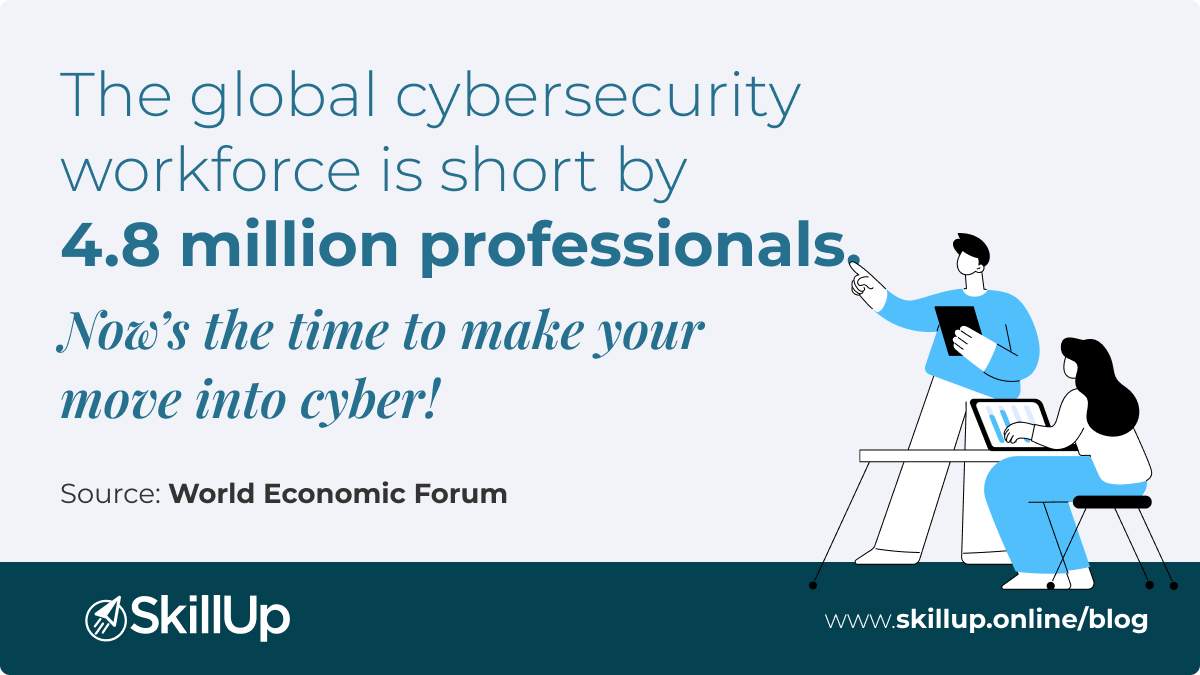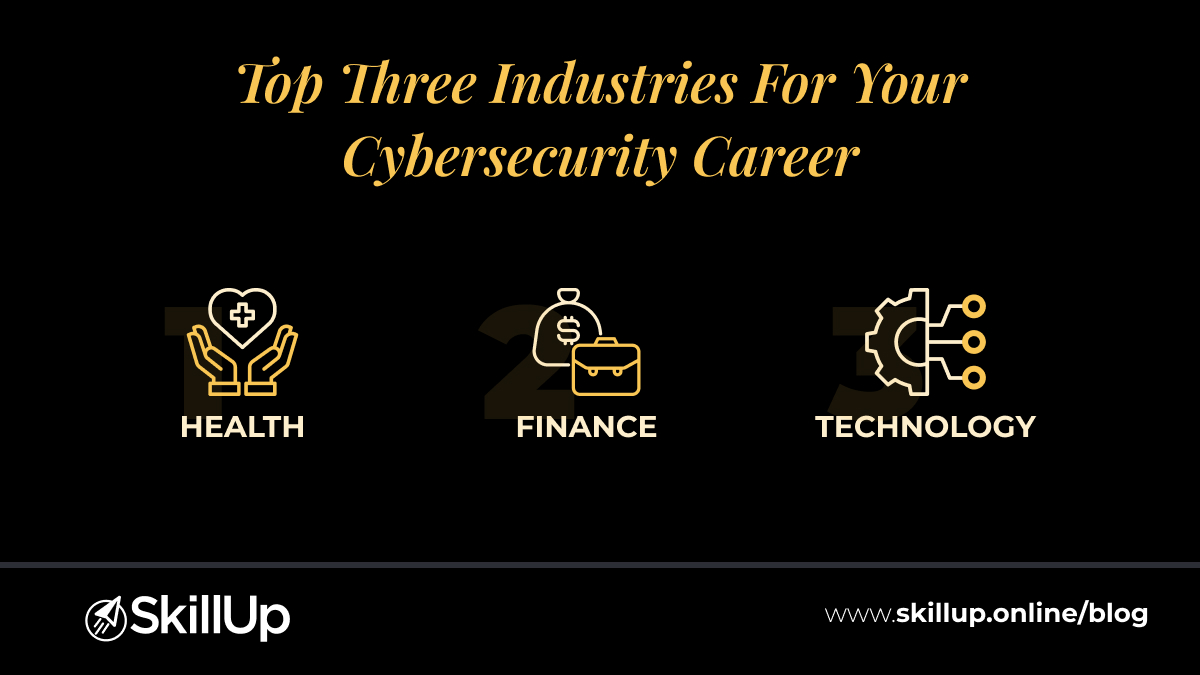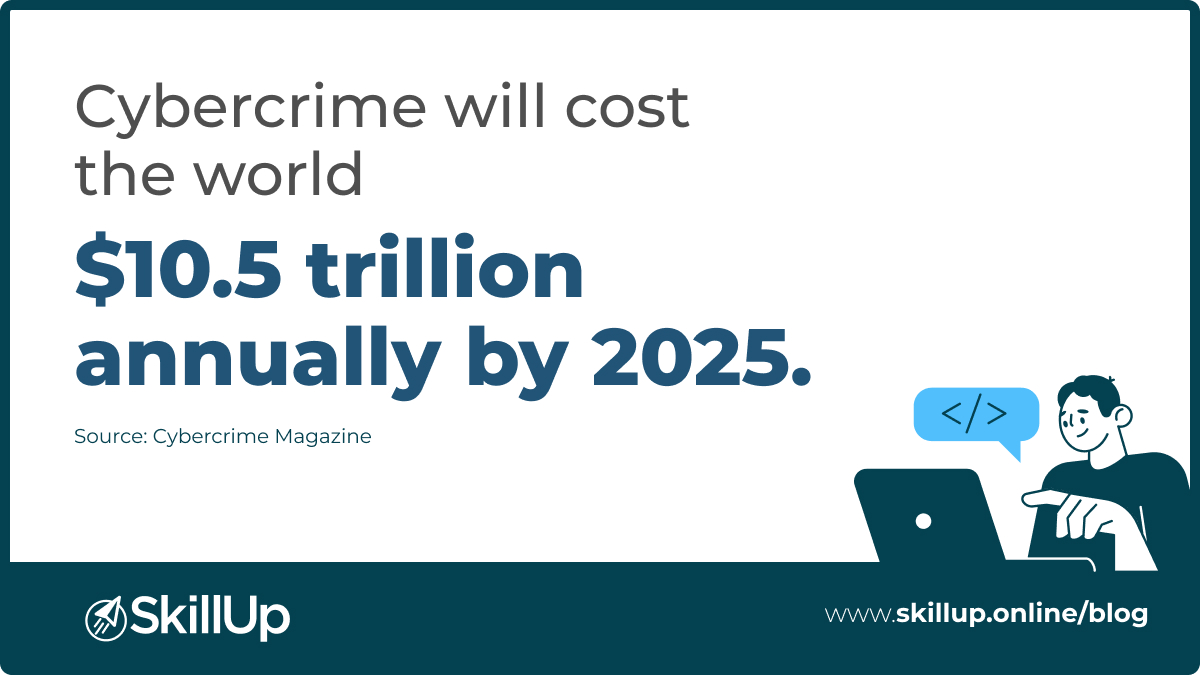The global cybersecurity workforce is short by as many as 4.8 million professionals. This creates one of the most urgent talent gaps in tech today. From ransomware attacks on healthcare systems to phishing scams targeting everyday consumers, the explosion of digital threats has made cybersecurity an essential focus for every sector.
But while the risks are escalating, so is the demand for capable professionals. Especially those ready to start from the ground up. If you’re looking to break into tech, pivot your career, or future-proof your skills, entry-level cybersecurity certifications offer a practical and respected route into this fast-moving field.
Who Should Consider Entry-Level Cybersecurity Certifications
If you think cybersecurity is only for programmers or engineers, think again. Today’s industry welcomes talent from diverse educational and professional backgrounds. Especially when paired with a relevant cybersecurity course or program. Whether you’re a fresh graduate, someone working in IT, or even a non-technical professional, there’s a place for you in cybersecurity.
Entry-level certifications are particularly valuable for:
- Students and recent graduates who want to enter the tech world with a future-proof specialty.
- Career switchers from IT support, networking, or compliance roles aiming to move into more specialized security positions.
- Non-tech professionals like law enforcement officers, auditors, or policy experts who already understand risk and regulation. They can translate those skills into cybersecurity functions.
For all these groups, certifications serve as an on-ramp. They offer structure, clarity, and credibility to build a new professional identity rooted in cybersecurity.
Why Entry-Level Cybersecurity Certifications Make a Real Difference
Once you’ve identified cybersecurity as a viable path, the next question is, how do you break in? This is where certifications deliver measurable value. They allow you to acquire the right knowledge and prove your capabilities. Without needing a degree or years of prior experience.
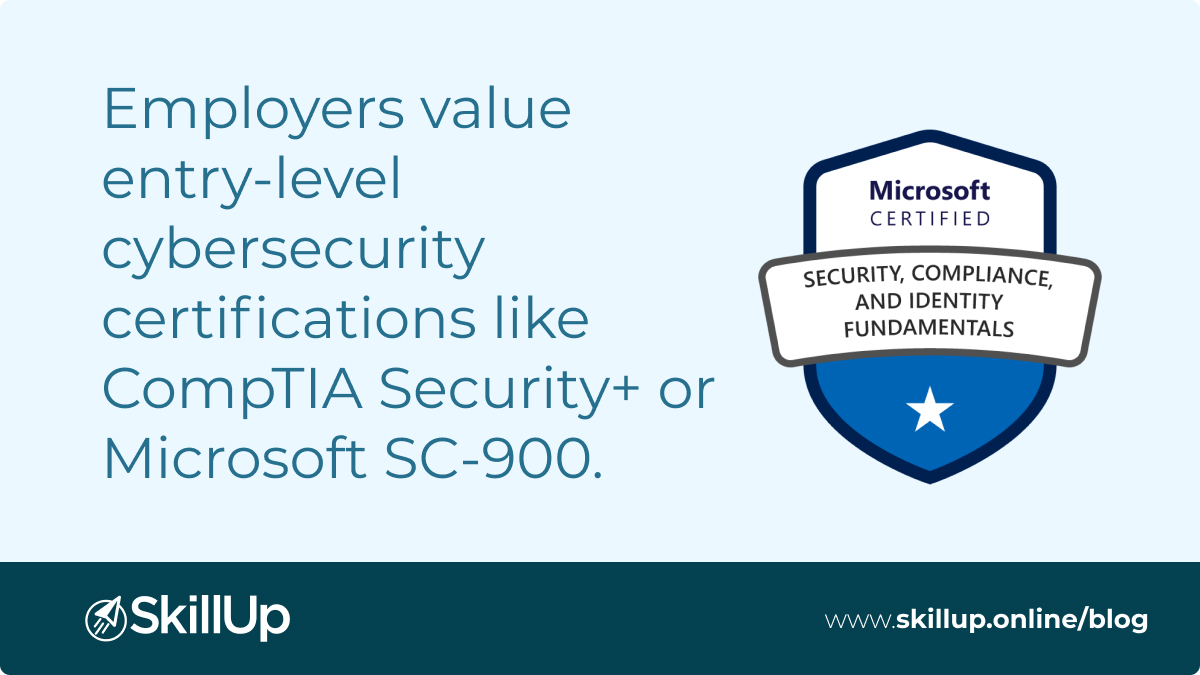
Here’s why they’re impactful:
- They signal readiness: In a hiring landscape where trust and competence are key, certifications show employers you’re serious and have mastered core concepts.
- They build core skills: Most entry-level programs cover essentials like access control, threat detection, security architecture, and incident response.
- They open real doors: Certifications like CompTIA Security+ or Microsoft SC-900 are frequently listed in job postings as preferred qualifications. Even for roles requiring less than a year of experience.
- They’re accessible: Many are designed specifically for beginners. They require no prior background in tech or security.
These benefits make certifications not only valuable but essential. Especially if you’re looking to stand out in a competitive job market and demonstrate immediate relevance to employers. Earning a recognized cybersecurity certificate can often make the difference between getting noticed and getting passed over.
Popular Cybersecurity Certifications to Kickstart Your Career
If you’re ready to begin but unsure which certification is right for you, here are some of the most respected and beginner-friendly options available today:
- CompTIA Security+ – Recognized globally, this vendor-neutral certification provides a strong foundation in security practices and technologies.
- (ISC)² Certified in Cybersecurity (CC) – Tailored for absolute beginners, it emphasizes a broad understanding of fundamental security domains.
- Microsoft SC-900 – Offers foundational knowledge of Microsoft security, compliance, and identity solutions—ideal for aspiring cloud professionals.
- Google Cybersecurity Certificate – Designed to teach job-ready cybersecurity skills in under six months through hands-on projects and labs.
For a deeper dive into how these certifications align with long-term earnings and career outcomes, check out our blog on top certifications for high-paying cybersecurity jobs.
Choosing the right certification depends on your career goals and interests—but all of these options are excellent starting points for entering the field and establishing a solid foundation for your cybersecurity career.
Cybersecurity Career Path: From Entry-Level Jobs to Advanced Roles
Earning a certification is just the beginning. The next step is translating your learning into career momentum. Once certified, you’re qualified for several key entry-level roles, including:
- Security operations center (SOC) analyst
- Junior risk analyst
- IT support specialist (Security focus)
These roles often act as launchpads, allowing you to gain hands-on experience in monitoring threats, managing security protocols, and responding to incidents.
With 12–24 months of work experience—and continued learning—you could progress into positions like:
- Security engineer
- Penetration tester
- Governance, risk, and compliance (GRC) analyst
Many learners speed up this transition by enrolling in structured, project-based programs that go beyond theory. For example, SkillUp offers a catalog of cybersecurity courses and programs designed to provide hands-on exposure, mentorship, and preparation for both certification exams and real-world job roles.
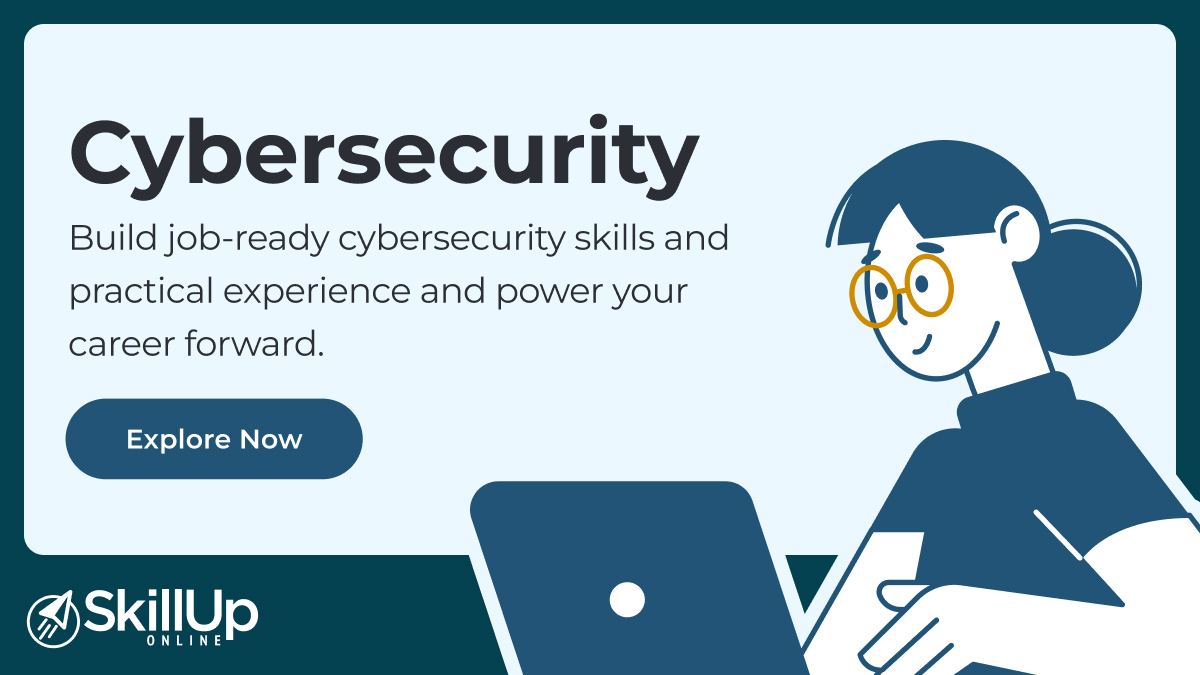
Break Into Cybersecurity with Confidence
Entry-level certifications are more than resume boosters. They’re your entry ticket into one of the most critical and resilient industries of our time. As threats grow more complex, so does the need for professionals who can keep systems secure, data protected, and businesses compliant.
Whether you’re just starting out or transitioning from another field, a certification gives you structure, skills, and recognition. And with thousands of cybersecurity roles waiting to be filled, there’s never been a better time to act.
Need help choosing the right course or planning your next steps? Reach out to our Learner Support Team at [email protected]. We’re here to help you succeed.
